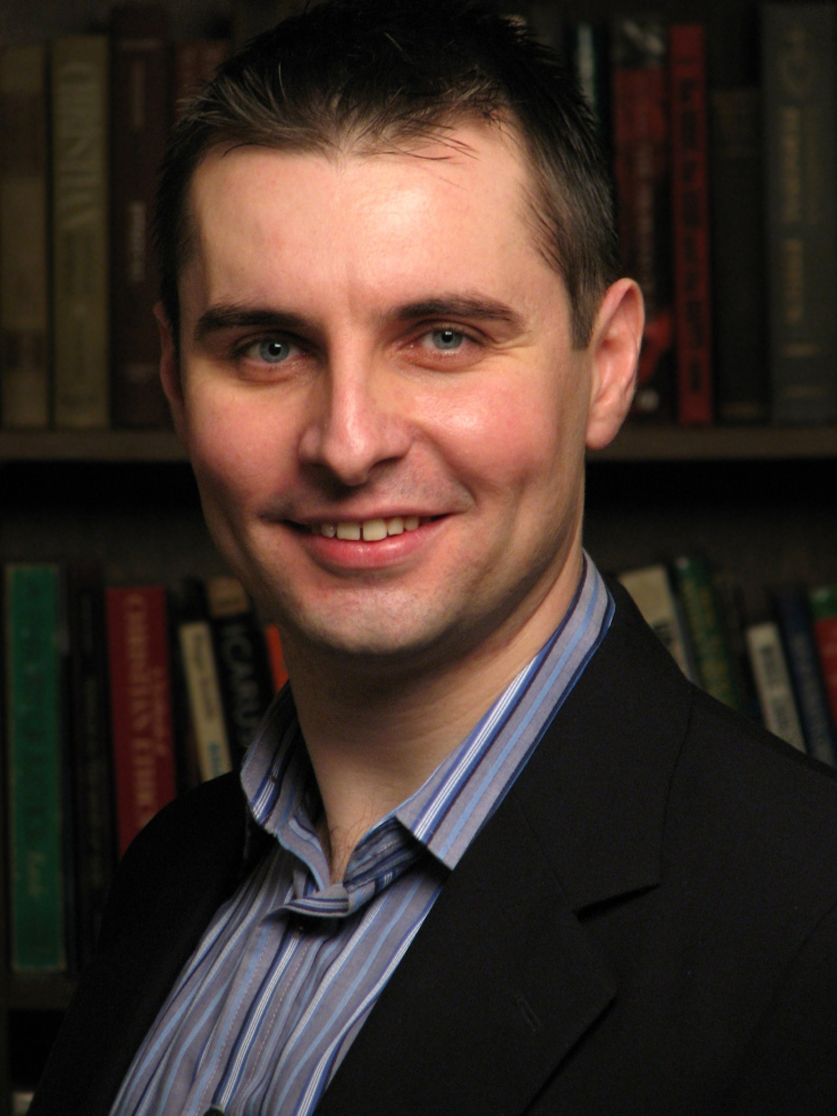In 1989, I joined hands with thousands of other students in a peaceful protest for freedom. Only six weeks were needed for the 40 year-old totalitarian regime to collapse in the Velvet Revolution. Czechoslovakia was suddenly free and could embark on a new exciting but arduous journey to democracy. Shortly after the revolution, Václav Havel remarked, “People have passed through a very dark tunnel at the end of which there was a light of freedom. Unexpectedly they passed through the prison gates and found themselves in a square. They are now free, and they don’t know where to go.” Having been a parliamentary democracy for less than two decades between the First and Second World Wars, Czechoslovakia did not have the rich historical experience with democratic form of government on which it could build after the fall of communism.
Havel accentuated the difficulty of creating a robust democratic society by employing once again the tunnel metaphor, now positing that Czechoslovakia has entered “the long tunnel at the end of the light.” He understood that sustaining democracy requires both establishing democratic institutions and procedures and developing people of a democratic temperament. As Martin Bútora, a leading Slovak sociologist and former ambassador to the US, recently and aptly stated, “It takes six months to bring a political change and free elections; it takes about six years to start the economy; it takes sixty years to change the mentality [of people] and civil society. We are just approaching the halfway point.”
A poll conducted on the 20th anniversary of the Velvet Revolution revealed that only 57% of people viewed the 1989 events positively. Many feel disappointed by the unfulfilled expectations, missed opportunities, and seeming lack of progress associated with Slovakia’s post-1989 trajectory. This public disillusionment has been reinforced by Slovakia’s widespread corruption and weak rule of law. At its almost “halfway point,” Slovakia has encountered a major challenge as manifested by the surprising, even shocking, results of the March 2016 parliamentary elections.
The Christian Democratic Movement, the only political party to have seats in the Slovak parliament since 1990, will not have parliamentary representation because it did not meet the required 5% threshold. Even more surprising is the first-time parliamentary election of The People’s Party – Our Slovakia (ĽSNS), a far-right political party led by Marián Kotleba that is known for its extremist views. ĽSNS garnered 8% of votes after receiving a paltry 1.6% in 2012. The rise of right-wing extremism is one of the indicators that despite many successes on their road to democracy, Slovakia (and other post-communist Central and Eastern European countries) may still be in the tunnel Havel referred to over 20 years ago.
Founded in 2011, ĽSNS is based on “three core principles—national, Christian, and social” and espouses anti-Semitic, anti-Roma, and anti-immigrant views. The party is a reinvented successor of the Slovak Togetherness – National Party that was dissolved by the Supreme Court in 2006 and its predecessor the Slovak Brotherhood, some of whose members including Kotleba were notorious for wearing the uniforms resembling those of The Hlinka Guard—a Slovak fascist paramilitary group named after a Catholic priest and politician Andrej Hlinka. In the area of international relations, ĽSNS views NATO as a “criminal organization,” opposes Slovakia’s EU membership, and expresses pro-Russian leanings.
The party fuses nationalist and religious sentiments in its ideology. It embraces “traditional Christian values” while opposing the “atheism, materialism, consumerism, dangerous sects, and sexual deviations” allegedly encouraged by “Western liberalism.” One of its slogans is “For God and the nation!” Kotleba and his followers admire Jozef Tiso, a Catholic priest who led the Hitler-era Slovak government and whose regime allowed the deportation of more than 70,000 Jews to concentration and extermination camps during World War II. In recent elections, at least three Catholic clergy openly supported Kotleba’s party, and many Christians casted their vote for ĽSNS.
It seems clearer now than in any other time in the past quarter century that Slovak democracy is on trial and inter alia needs publicly engaged Christian thinkers and churches that can in a more significant way contribute to building free, peaceful, and just society. In Slovakia, the commonplace assumption is that “religion and politics should not mix” and Christianity has little if any positive role to play in the public square. But as John Paul II reminds us in his 1991 encyclical Centesimus Annus, “democracy without values easily turns into open or thinly disguised totalitarianism.” Authentic democracy depends on the moral virtue and democratic temperament of its citizens, and the Christian tradition provides a plethora of resources for its awakening and cultivation.
—
Lubomir Martin Ondrasek is the president and co-founder of Acta Sanctorum, a Chicago-based Christian non-profit that works for positive transformation in post-communist Central and Eastern Europe. He holds graduate degrees from Gordon-Conwell Theological Seminary, Harvard University, and the University of Chicago and is presently pursuing his D.Min. in Transformational Leadership at Boston University.
Photo Credit:Marian Kotleba in the garb of the Hlinka guard (Source: Ján Krošlák, for the Slovak Spectator)






